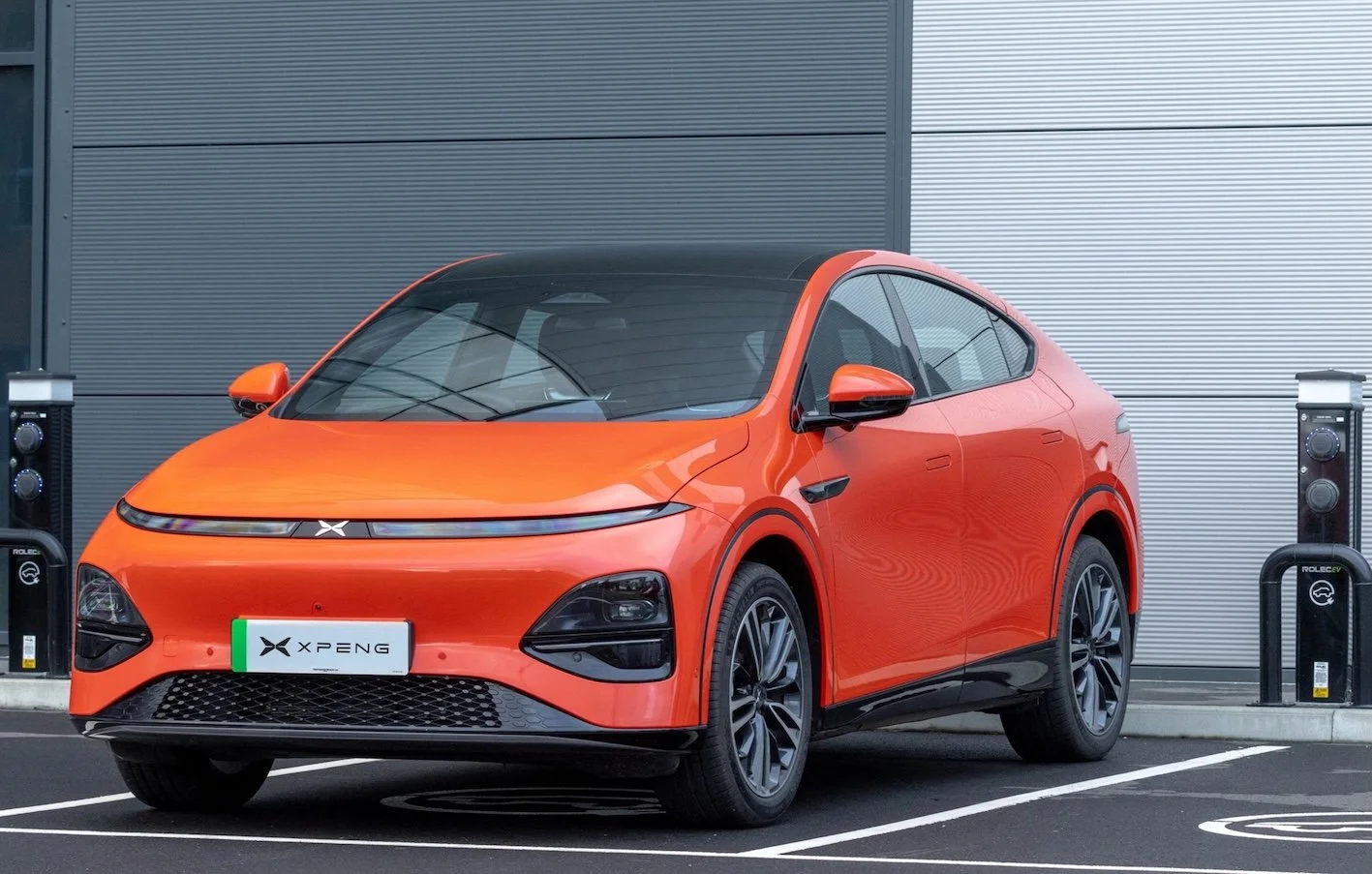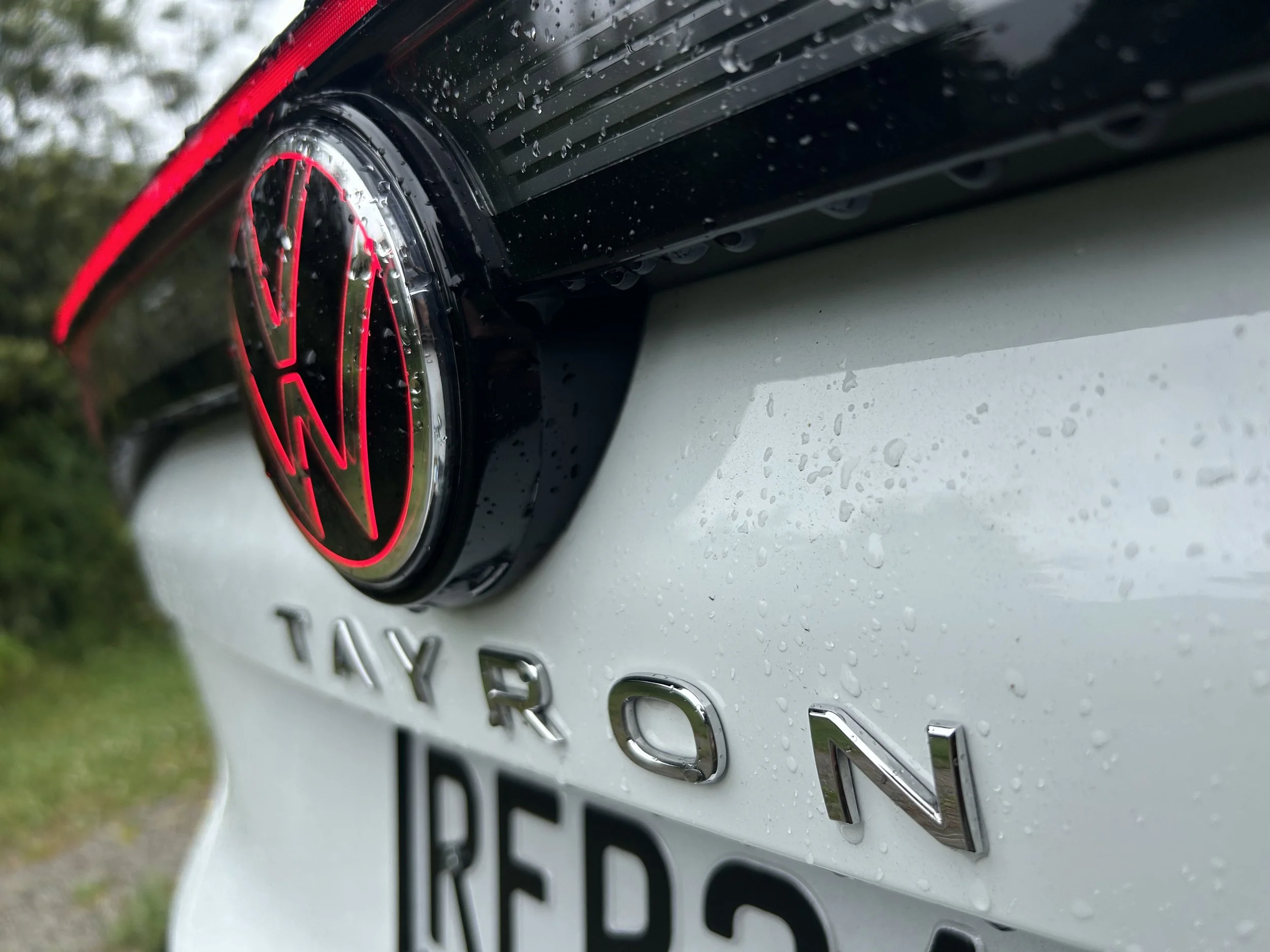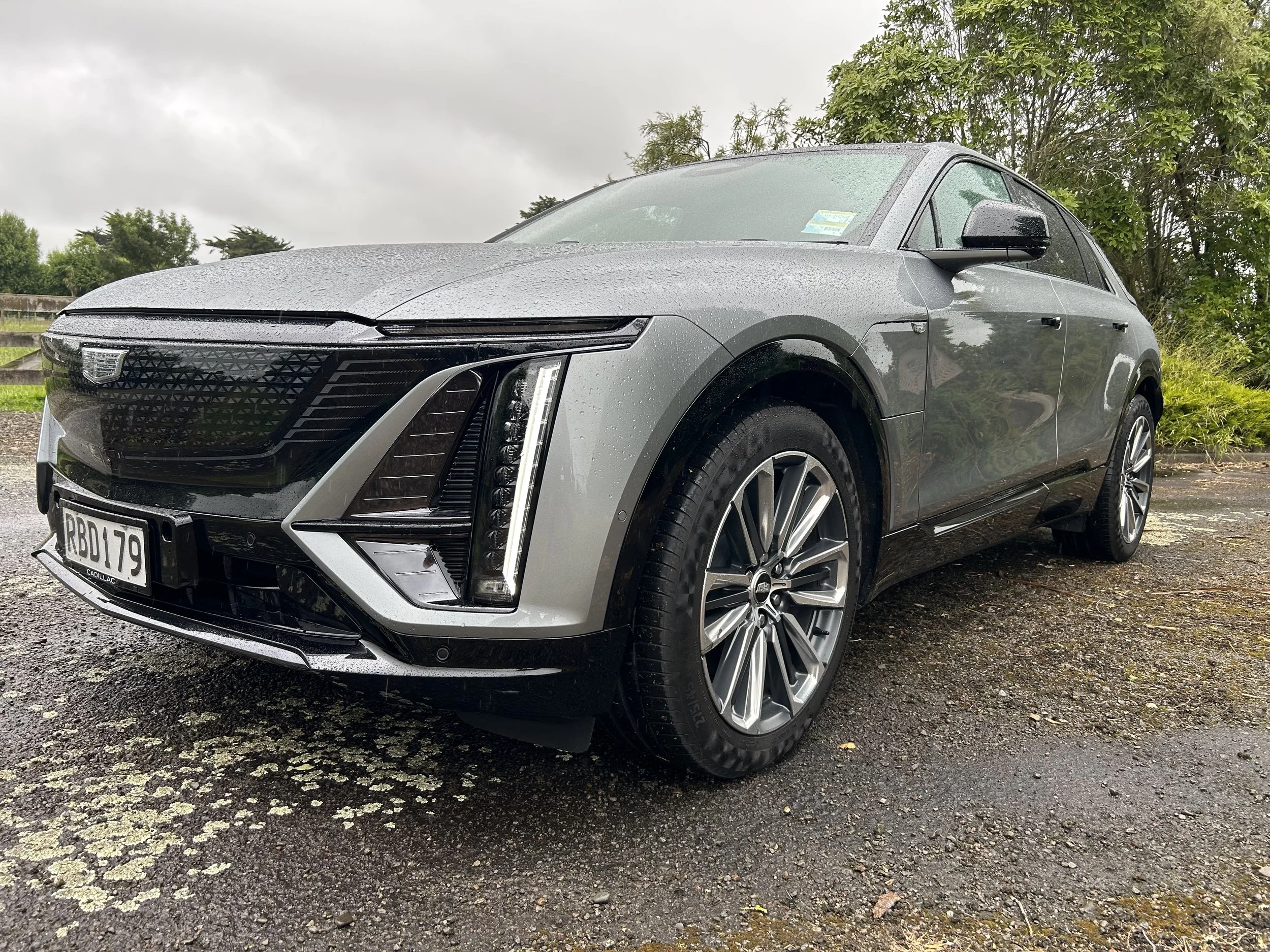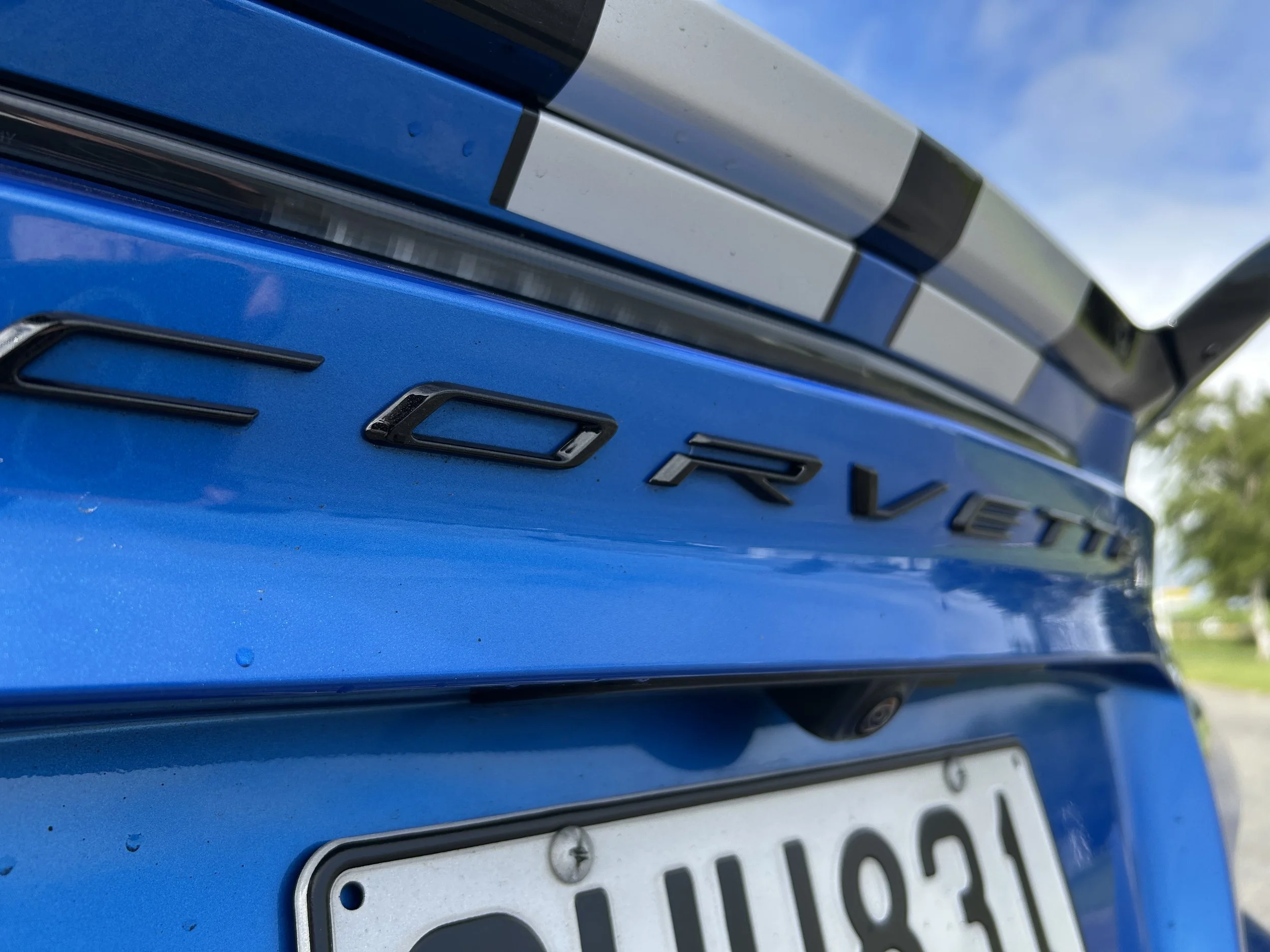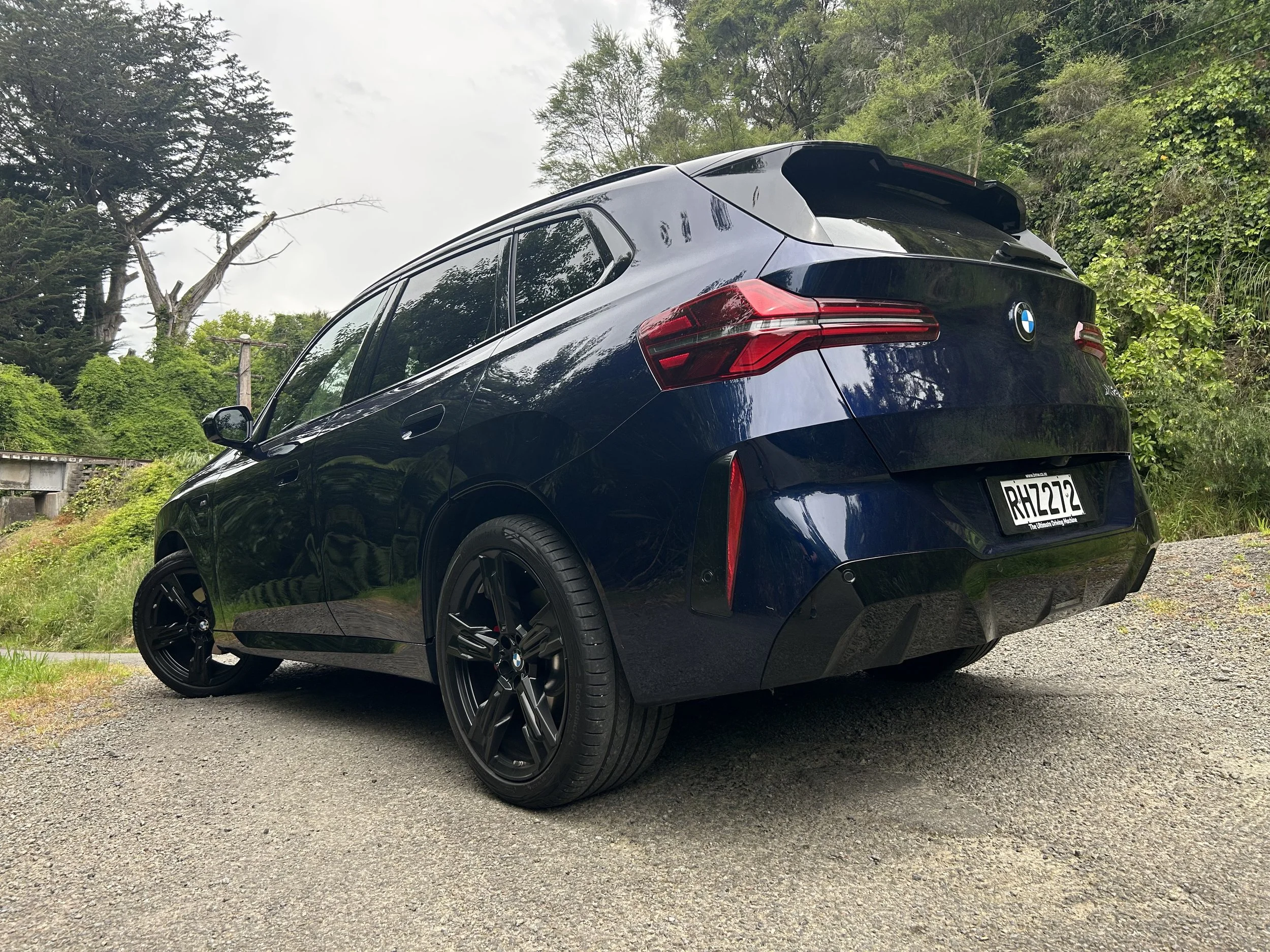Fairness call as electric loses zap
/Not the time for “rash decisions” as battery sector feels pain, new entrant’s boss suggests.
WITHOUT rebates and with Road User Charges imposed, some electric cars now hold less obvious immediate user advantage over internal combustion equivalents.
That view is expressed by Sheldon Humphries (pictured), who as country manager for Omoda and Jaecoo is tasked with achieving traction for a new electric entrant at a tough time.
He is confident the Omoda E5 (below), at $47,990 in entry BX and $54,990 in more affluent EX trim, still compares advantageously against other like-sized fossil fuelled cars.
A big strength that will hold it in good stead, Humphries contends, is it being the country’s cheapest electric five-seater sports utility.
However, he says not every electric is now as comfortably positioned as it might have been when rebates and RUC exemption applied and whether E5 will still hit the in-house forecast volume, which isn’t being shared, is not clear.
In respect to the electric environment in general, he holds some concern consumers might forget why battery cars are so important to motoring’s future.
National new-vehicle registration figures since Christmas have fallen short of industry expectations, March being 27.4 percent down on the same period last year and 44.7 percent down on March 2022. Hardest hit is the electric vehicle segment, which has completely lost its zap.
Best-selling models of March achieved high status with mediocre counts - the Tesla Model 3 topped on strength of just 125 registrations, Tesla Model Y came second with only 74, and MG4, Volkswagen ID.4, and BYD Dolphin (20) accrued 42, 28 and 20 sales respectively in March hold third, fourth and fifth.
To date, Model Y’s quarterly total is less than one third its tally for its strongest month of 2023, June.
Omoda/Jaecoo NZ’s boss agrees it would be much easier to sell the E5 in the market condition that existed a year ago rather than as it is now.
There’s every likelihood, the electric will be much quieter performers this year than four cheaper petrol versions that, while always expected to be dominant, were nonetheless expected under original planning to draw less volume than what will likely now be the case.
Humphries says that doesn’t mean he has misgiving about including a strong electric element to the Omoda and Jaecoo product lines that are set to involve over the next two years, spanning eight products in all.
The C5/E5 introduction for NZ is the result of a year’s planning and, of course, the factory required insight from this market about how many cars might be needed for the first year of sale.
When that was signed off, consumer confidence in electric was higher than it is now. The order mix for 2024 reflects that.
Asked if he might now wish the factory in Wuhu, China, might deliver fewer E5s and more petrol-equivalent C5s, Humphries said: “We are expected to hold all the product and we are very passionate about our EV brand and our EV products.”
At same juncture, there is concern now about the state of the electric vehicle sector and how long it will take to revitalise consumer confidence.
The shock stop to years of increasingly hot EV interest since January 1 is not wholly credited to the $7015 Clean Car rebate for sub-$80,000 cars being pulled at end of December and also introduction of Road User Charges of $38 per 1000 kilometres from April 1.
The general economic climate is also blamed by the industry.
Nonetheless, the combined result is that Humphries fears a scenario of imbalance, in which the life span running cost and environmental benefit arguments that determine abdicating fossil fuelled cars will be less clear cut.
While he is not looking for a u-turn on incentives or the RUC - the second, he says, is reasonable because all motorists should pay their way to keep roads in good order - he does believe Government needs to be proactive and bear in mind the bigger picture about why the motoring world is going electric.
Without positive political direction distributors, dealers and EV owners -“people that have paid premium prices a year ago” - are all in limbo.
“We just need consistency from the Government to ensure that we consider all owners of vehicles, EV, diesel, petrol … and ensure that we don't make any rash decisions that are going to bring long-term effect.
“Making rash decisions risks creating a stigma … there’s a place for all these vehicles in the market. We just need to have a fair balance.”
China’s car industry is mandated to make electric-involved cars and that has led to it becoming the world’s largest market for these ‘new energy vehicles.’
Unlike some domestic brands, Chery has stopped short of developing bespoke electric models, instead preferring to make models that can be engineered for fully fossil fuelled, plug-in hybrid and electric drivetrains.
Because of that, Omoda and Jaecoo can present a full palate here.
Even so, Humphries says, as much as the parent will never be a standalone electric brand, it has strong sentiment at national level toward engendering battery-involved driving.
“For every petrol option there will always be a low emission or zero emission option.
“But at the end of the day we would like to see focus on our EVs because we do see EVs as a future opportunity for the market.”
Intent to present Omoda and Jaecoo as high-value brand choices for Kiwis who sought to make canny spending decisions was a factor driving the Omodo pricing plan. But the Clean Car discount also came into it.
There is no clarity from the local office if the E5 models might have been priced differently if the rebate was still around, but Humphries says the launch stickers will be reviewed on July 1. Whether they cater will depend on market trends at the time.
As much as NZ offers big potential for his makes, launching “in the current economic circumstances is beyond challenging.”
“When you just think that you have made the right decisions, policies get changed, competitors change pricing, everything changes within a flick of a switch and it does make things very challenging.
“We sat right back until actual launch with our pricing to ensure we put our best foot forward at that time. It is very challenging. But it's also what keeps me going.”
Consumer recognition of Omoda and Jaecoo will take time because they are brand new names here.
However, he is heartened by the fast and positive reception Kiwis have given to the other big China makes here. BYD, MG and GWM/Great Wall Motors have all done a great job, he says.
“I take nothing away from any of them. They've put some really good quality products out there. Hats off to them.
“We just hope to come to market and offer another quality product giving Kiwis more quality options, more value for their money.
“Kiwis are really receptive to new brands at the end of the day.”
The BYD Atto3 and MG4 electric cars respectively securing the national New Zealand Car of the Year titles for 2022 and 2023 shows that new products from China are well respected.
“It's got to say something at the end of the day.”






